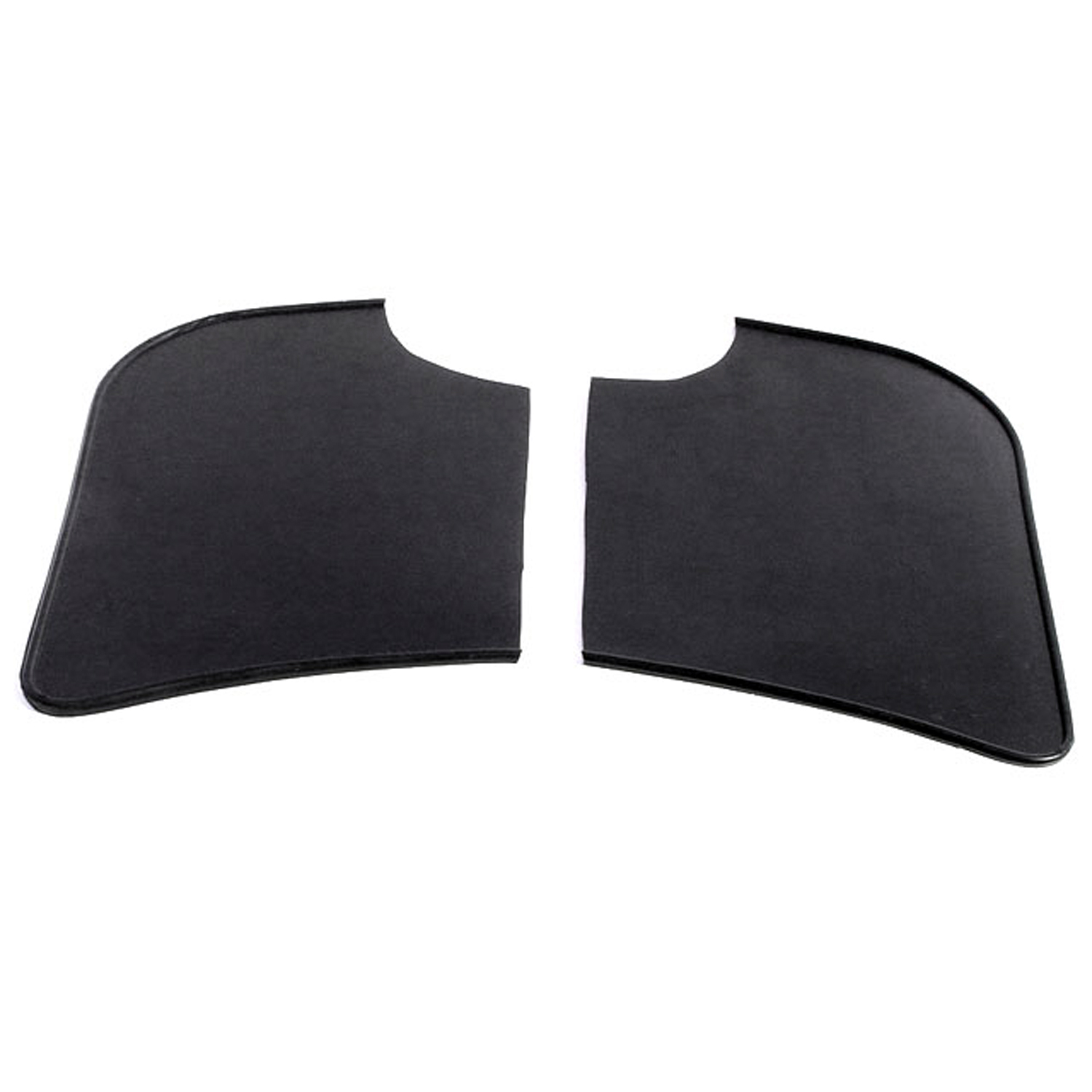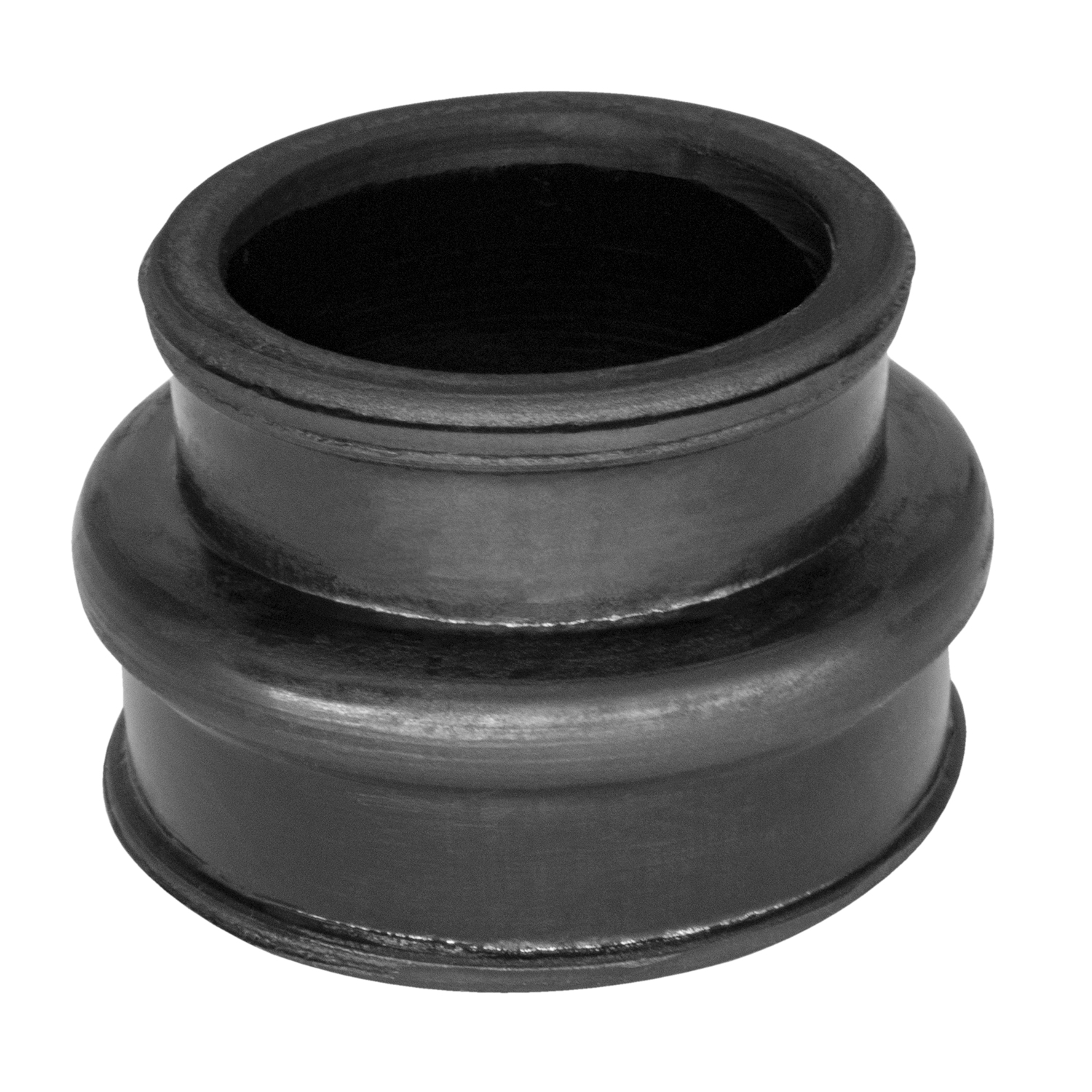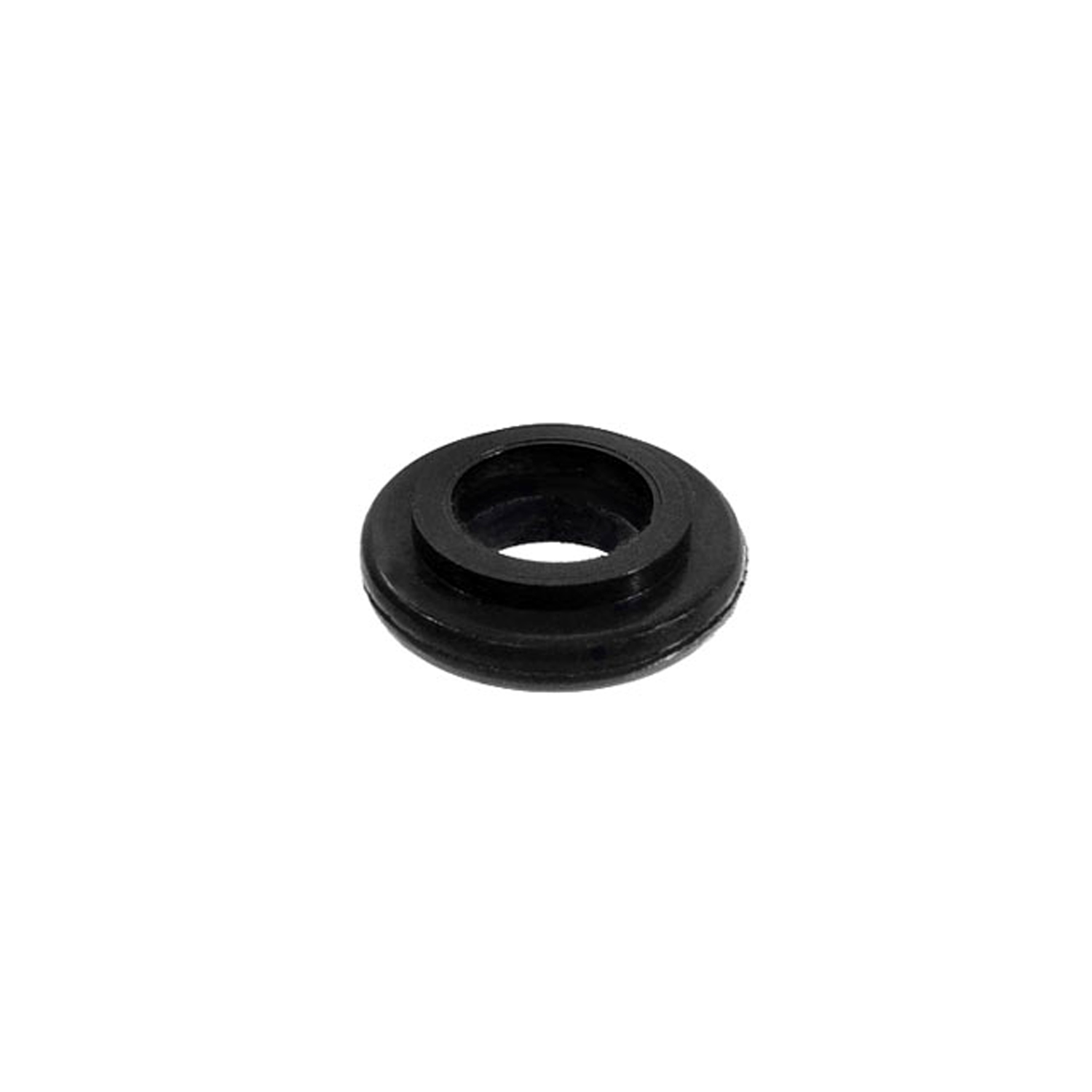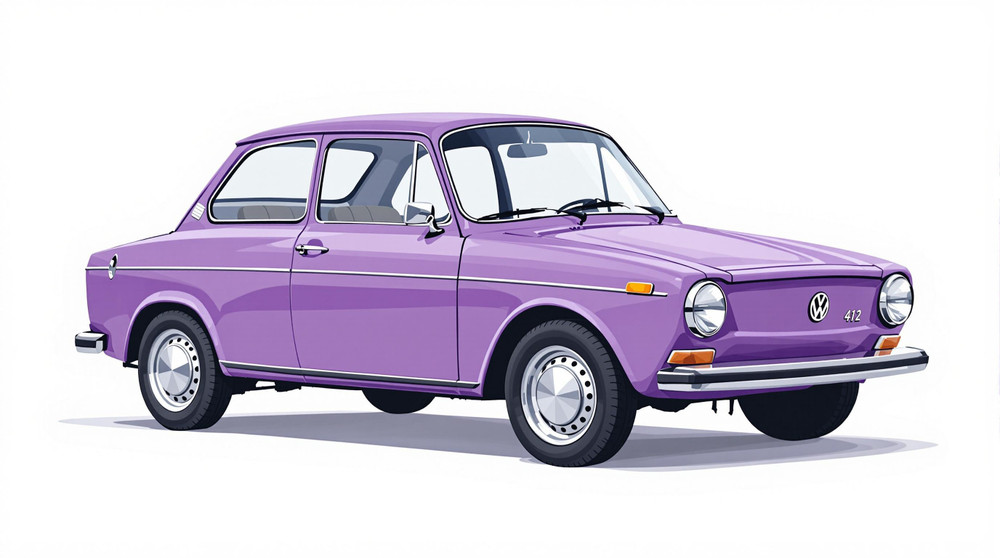Image of 1974 Volkswagen 412, Note: These illustrations use artistic license and may differ from actual historical models.
Performance Metrics
Fundamental Metrics
Emotional Appeal
MMP Rating
| Engine Specifications | |
|---|---|
| Engine: | Flat-4 engine |
| Displacement: | 1.7L-1.8L |
| Horsepower: | 75-85 hp |
| Torque: | 90 lb-ft |
| Compression Ratio: | 7.6:1 |
| Ignition System: | Electronic ignition |
| Cooling System: | Air-cooled |
| Performance Specifications | |
| 0-60 Time: | 14 seconds |
| 1/4 Mile Time: | 19 seconds |
| Top Speed: | 95 mph |
| Transmission and Drive | |
| Drive Type: | Rear-wheel drive |
| Transmission Type: | 4-speed manual or 3-speed automatic |
| Fuel and Efficiency | |
| Fuel System Type: | Fuel injection |
| MPG: | 20-25 mpg |
| Dimensions and Brakes | |
| Brakes: | Disc brakes front, drum brakes rear |
| Wheelbase: | 100 inches |
| Weight: | 2,400 lbs |
Note: Specifications for classic cars are given to the best of our ability, considering the limited and variant data available.
Unveiling the Understated Elegance of the 1974 Volkswagen 412
The 1974 Volkswagen 412 stands as a testament to the innovative spirit of its era, a vehicle that encapsulated the transition from the swinging sixties to the more pragmatic seventies. Born from the reputable German manufacturer Volkswagen, this car was an evolution of its Type 4 predecessors, showcasing a blend of practicality and modest charm. The 412 may not have been a headline-stealer in its day, but it carved out a niche for itself among those who valued reliability over flashiness. A notable moment in its history was its role as one of the last air-cooled engines produced by Volkswagen before transitioning to water-cooled platforms, marking the end of an iconic era in automotive design.
Design and Innovation
The exterior styling of the 1974 Volkswagen 412 was characterized by its clean lines and unassuming presence. Its body was designed with functionality in mind, featuring a large rear hatch that provided ample cargo space and easy access. Inside, the cabin was adorned with materials that prioritized durability over luxury, yet still offered a comfortable ride for passengers. Technologically, it boasted advancements such as electronic fuel injection—a rarity for vehicles at this price point during that time. Color options ranged from subdued earth tones to brighter hues, with colors like Phoenix Red and Marina Blue being popular choices. The 412 was available in both sedan and station wagon body styles, with the latter often celebrated for its practicality and spaciousness.
Historical Significance
The 1974 Volkswagen 412 may not have revolutionized automotive design or technology on its own, but it played a crucial role in Volkswagen's lineup. It bridged the gap between the classic Beetles and Buses and the forthcoming generation of water-cooled vehicles. Its significance lies in its representation of an endearing era of engineering simplicity and reliability that many enthusiasts look back on with fondness.
Performance and Handling
With a modest top speed and acceleration figures—taking around 15 seconds to reach 60 mph—the 1974 Volkswagen 412 was never intended to be a performance car. However, it offered respectable handling for its class, absorbing bumps adequately and maintaining composure on windy roads. Drivers could expect a tactile experience behind the wheel; from the distinctive hum of its air-cooled engine to the straightforward feedback from the steering and suspension systems.
Ownership Experience
The Volkswagen 412 served various roles ranging from a dependable daily driver to an occasional showpiece for classic car enthusiasts. Its maintenance profile was generally favorable due to Volkswagen's commitment to simplicity and parts availability. While not immune to age-related issues, many owners found these cars relatively easy to work on compared to their contemporaries.
Fun Facts
Despite its under-the-radar status, the VW 412 has had its share of interesting trivia. For instance, some European models came equipped with semi-automatic transmissions that were quite advanced for their time. While not known for breaking speed records or dominating sales charts, it has appeared in various cultural contexts that add to its quirky charm. Criticisms often centered around its conservative styling and modest power output, but these aspects have also contributed to its appeal among certain collectors.
Collector's Information
Today, finding a well-preserved 1974 Volkswagen 412 can be quite a challenge, which adds to its desirability among collectors. Production numbers were relatively low compared to other VW models of that time; it's estimated that tens of thousands were produced rather than hundreds of thousands or millions like some other VW models. As for value range, depending on condition and originality, prices can vary significantly—anywhere from $5,000 for a fixer-upper to $20,000 or more for an immaculate example. The market trends suggest that values are slowly appreciating as enthusiasts seek out unique pieces of automotive history.
Conclusion
The 1974 Volkswagen 412 is a classic car that encapsulates an era of transition within one of Germany's most storied automotive manufacturers. It offers insight into a time when simplicity and functionality were paramount—a vehicle designed not just to turn heads but to reliably serve its owner day after day. For those who appreciate understated classics with historical significance, the VW 412 remains an intriguing piece of automotive heritage worth preserving.
1974 Volkswagen 412 Catalog of Parts
 1974 Volkswagen 412 Gravel Shields. Molded flat without metal backing plates-FS 40Gravel Shields. Molded flat without metal backing plates. Apply with contact cement. 7-5/8" long X 5-5/8" wide at top. Pair
1974 Volkswagen 412 Gravel Shields. Molded flat without metal backing plates-FS 40Gravel Shields. Molded flat without metal backing plates. Apply with contact cement. 7-5/8" long X 5-5/8" wide at top. Pair 1974 Volkswagen 412 Intake Manifold Boots. Made of rubber. 1-3/8" I.D., 2" O.D-RP 300-BIntake Manifold Boots. Made of rubber. 1-3/8" I.D., 2" O.D. X 1-1/2" high. Pair
1974 Volkswagen 412 Intake Manifold Boots. Made of rubber. 1-3/8" I.D., 2" O.D-RP 300-BIntake Manifold Boots. Made of rubber. 1-3/8" I.D., 2" O.D. X 1-1/2" high. Pair 1974 Volkswagen 412 Oil Cooler Seal. 7/16" I.D., 7/8" O.D. Each-RP 8-BOil Cooler Seal. 7/16" I.D., 7/8" O.D. Each
1974 Volkswagen 412 Oil Cooler Seal. 7/16" I.D., 7/8" O.D. Each-RP 8-BOil Cooler Seal. 7/16" I.D., 7/8" O.D. EachWhy Choose Metro?
For over 100 years, Metro Moulded Parts has been the pinnacle of quality in classic car restoration parts. Our commitment to precision and authenticity in every component ensures a perfect fit and an OEM-level appearance.
- Expert Craftsmanship & Quality: Each part is a testament to our dedication to reliability and perfection, crafted from original designs and thoroughly tested.
- Advanced Technology: We use cutting-edge techniques to create flawless, long-lasting parts that surpass others in performance.
- SuperSoft Sponge – The Ultimate Door Seal: Not only are our door seals 30% softer than competitors', but they're also guaranteed to never leak. They effectively reduce wind and road noise, enhancing your classic car's comfort and driving experience.
- Proudly American: Our parts are a product of American craftsmanship, made in the USA with a spirit of excellence and heritage.
- Unrivaled Warranty: We back our products with a 30-year industry-leading warranty, a testament to our confidence in their quality.
Join us in preserving the legacy of classic cars with parts that are crafted for perfection, not just made.

